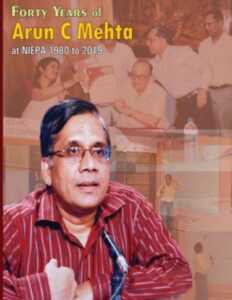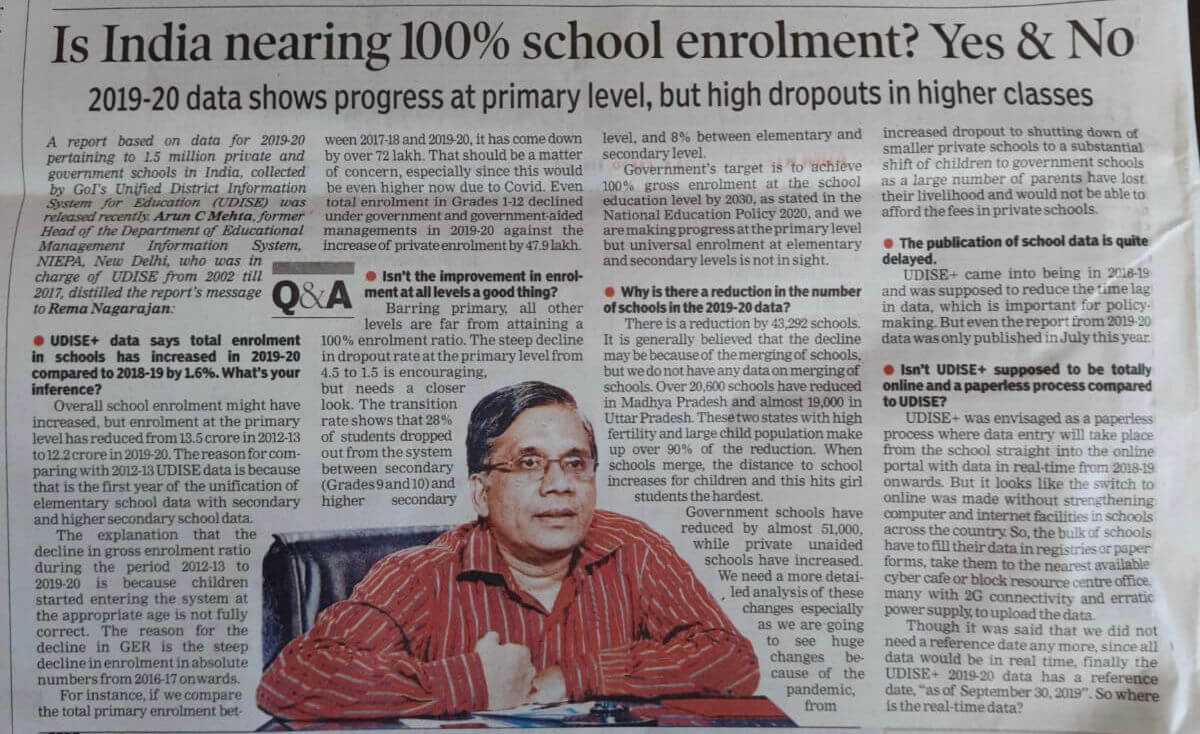The Teacher
9.1 The status of the teacher reflects the socio-cultural ethos of a society; it is said that no people can rise above the level of its teachers. The Government and the community should endeavor to create conditions which will help motivate and inspire teachers on constructive and creative lines. Teachers should have the freedom to innovate, to devise appropriate methods of communication and activities relevant to the needs and capabilities of and the concerns of the community.
9.2 The methods of recruiting teachers will be reorganised to ensure merit, objectivity and conformity with spatial and functional requirements. The pay and service conditions of teachers have to be commensurate with their social and professional responsibilities and with be made to reach the desirable objective of uniform emoluments, service conditions and grievance-removal mechanisms for teachers throughout the country. Guildelines will be formulated to ensure objectivity in the postings and transfers of teachers. A system of teachers evaluation — open, participative and data-based — will be created and reasonable opportunities of promotion to higher grades provided. Norms of accountability will be laid down with incentives for good performance and disincentives for non-performance. Teachers will continue to play a crucial role in the formulation and implementation of educational programmes.
9.3 Teachers associations must play a significant role in upholding professional integrity, enhancing the dignity of the teacher and in curbing professional misconduct. National level associations of teachers, could prepare a Code of Professional Ethics for Teachers and see to its observance.
TEACHER EDUCATION
9.4 Teacher Education is a continuous process, and its pre-service and in-service components are inseparable. As the first step, the system of teacher education will be overhauled.
9.5 The new programmes of teacher-education will emphasis continuing education and the need for teachers to meet the thrusts envisaged in this Policy.
9.6 District Institutes of Education and Training (DIET) will be established with the capability to organise pre-service and in-service courses for elementary school teachers and for the personnel working in non-formal and adult education. As DIETs get established, sub-standard institutions will be phased out. Selected Secondary Teacher Training Colleges will be upgraded to complement the work of State Council of Educational Research and Training. The National Council of Teacher Education will be provided the necessary resources and capability to accredit institutions of teacher-education and provide guidance regarding curricula and methods. Networking arrangements will be created between institutions of teacher education and university departments of education.





